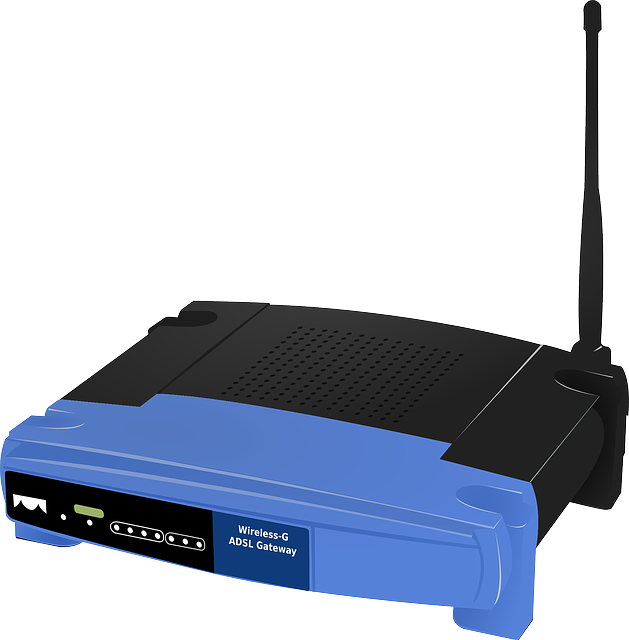What Separates Business Routers From Consumer Routers?
When it comes to wireless or wired router reviews, much of what you will see on websites, including Tom’s Guide and BlueGadgetTooth, will discuss what you should have in your home. But businesses also rely heavily on wired routers to conduct business. So what is the difference?
It is easy to assume that the wired routers that we use for internet at home will be the same variety we use in the office, but that is not remotely true. You need to know what separates a business router from a consumer router.
Features
To begin with, one feature that you will notice is the amount of USB ports a router has. A business router does not have a need for USB ports, unless it is a very small business. Most businesses work using network-attached storage devices (NAS) for their built-in networking abilities.
Meanwhile, consumer routers will have USB ports to connect to printers or attach portable storage devices. When compared to NAS, USB ports do not have the same speed and power that you can get from a NAS.
Both business and consumer wired routers share similar features like guest network capabilities, integrated firewalls and more. However, consumer grade routers are designed keeping in mind the variable demands of a household and the various devices that will be connected to the network, whereas a business router needs to be active constantly.
Business routers have better technology overall – from the RAM, faster GPUs, better OS which all can be configured to your business demands.
Cost and Longevity
If you look at a price comparison, a business wired router is far more expensive than a consumer router. The explanation for this is simple: business routers are made to last for longer.
Even as technology continually updates, most businesses will keep the router that they have for many years, only updating when they have to, as this is a long term investment. On the other hand, consumer router users don’t look to keep the same router for years on end, constantly upgrading to newer routers as technology and accessible speed tiers improve. This amount of usage is reflected in a router’s warranty as well – business routers have coverage for a longer period of time.
The cost difference also reflects the usage amount that each type of router would go through. A consumer router is usually in a home with a couple of users. A business will have many people using the same network and therefore requires a heavier-duty router in order to succeed.
Versatility
Consider what you would use the internet for at work versus at home. At home, the router has to be versatile. It needs to be able to stream movies, used for simple browsing purposes, or even for gaming.
A business router does not have the same demands of versatility, but instead requires a larger capacity for users.
While you could always use a business router at home, you would never want to use a consumer router at work. How you use the internet at home will determine the type of router that you need.

